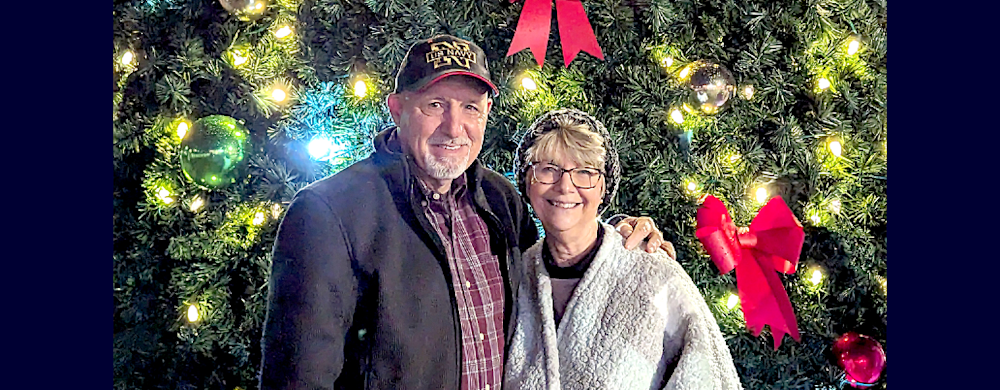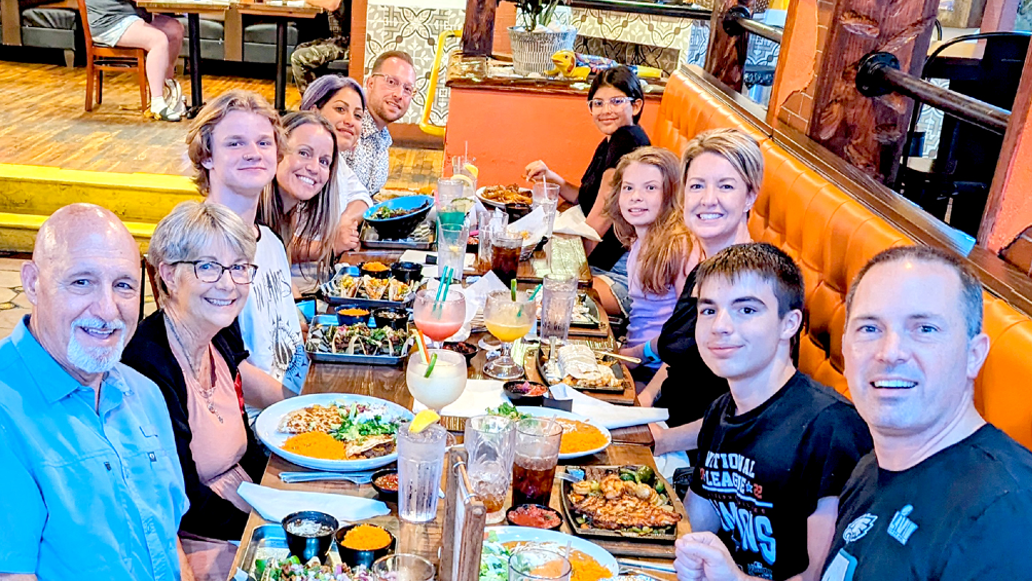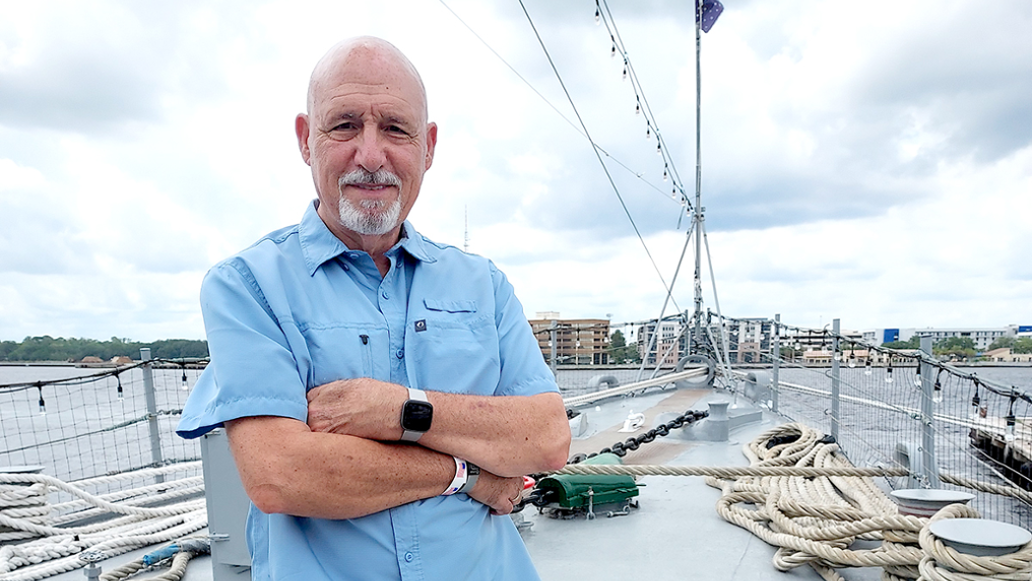Individual results may vary. Rx Only. View important safety information at inspiresleep.com/safety.
Navy Veteran Finds Solution for Sleep Apnea after Decades of Searching
Studies show service members in the military are at an elevated risk of developing obstructive sleep apnea.

Share
Studies show service members in the military are at an elevated risk of developing obstructive sleep apnea.
That was the case for Frank Alexander, a Navy veteran who served in Vietnam and now lives in North Carolina. It took years for him to receive an obstructive sleep apnea (OSA) diagnosis, but even then, he didn’t find relief.
Alexander first used a Continuous Positive Airway Pressure (CPAP) machine, but he struggled to consistently wear a mask. It wasn’t until two years later after he had the Inspire® implant procedure that everything changed.
“I wake up in the morning feeling refreshed and don’t have to force myself to get through the day anymore,” Alexander said.
Alexander spent decades not getting restful sleep before Inspire therapy. Alexander’s primary care physician recommended a sleep study, but he rejected it thinking it wasn’t serious.

That perspective changed thanks to Alexander’s wife, however. He discussed the sleep study option with her, and she informed him he would stop breathing in the middle of the night.
Alexander later asked his old Navy shipmates. Those shipmates made him sleep away from everyone else because his snoring was so loud.
Alexander finally decided to have the sleep study and was diagnosed with OSA in 2016.
Alexander tried multiple CPAP masks for years without positive results and even described it as “wrestling a one-armed octopus.”
Alexander also began working for the federal government at the time and would make weekly trips to Washington, D.C.
The seven-hour drive became dangerous as Alexander would sometimes fall asleep at red lights because he was so exhausted.
He knew he needed something different, and while looking up other types of CPAP masks, Alexander stumbled upon an ad for Inspire. The alternative intrigued him.

He later consulted with an Inspire-trained doctor at the Washington, D.C. Veteran Affairs Medical Center and qualified for the surgery. He was implanted in the summer of 2018, and he said that is when his life changed.
“After a few weeks, I started noticing a tremendous difference,” Alexander said.
Alexander said that his relationship with his wife improved, and he began to sleep better. Long road trips are also no longer a problem, and Alexander and his wife regularly travel 10 to 11 hours to visit their children and grandchildren.
“Having that extra energy and feeling refreshed, now we do a lot more traveling,” he said.
Share